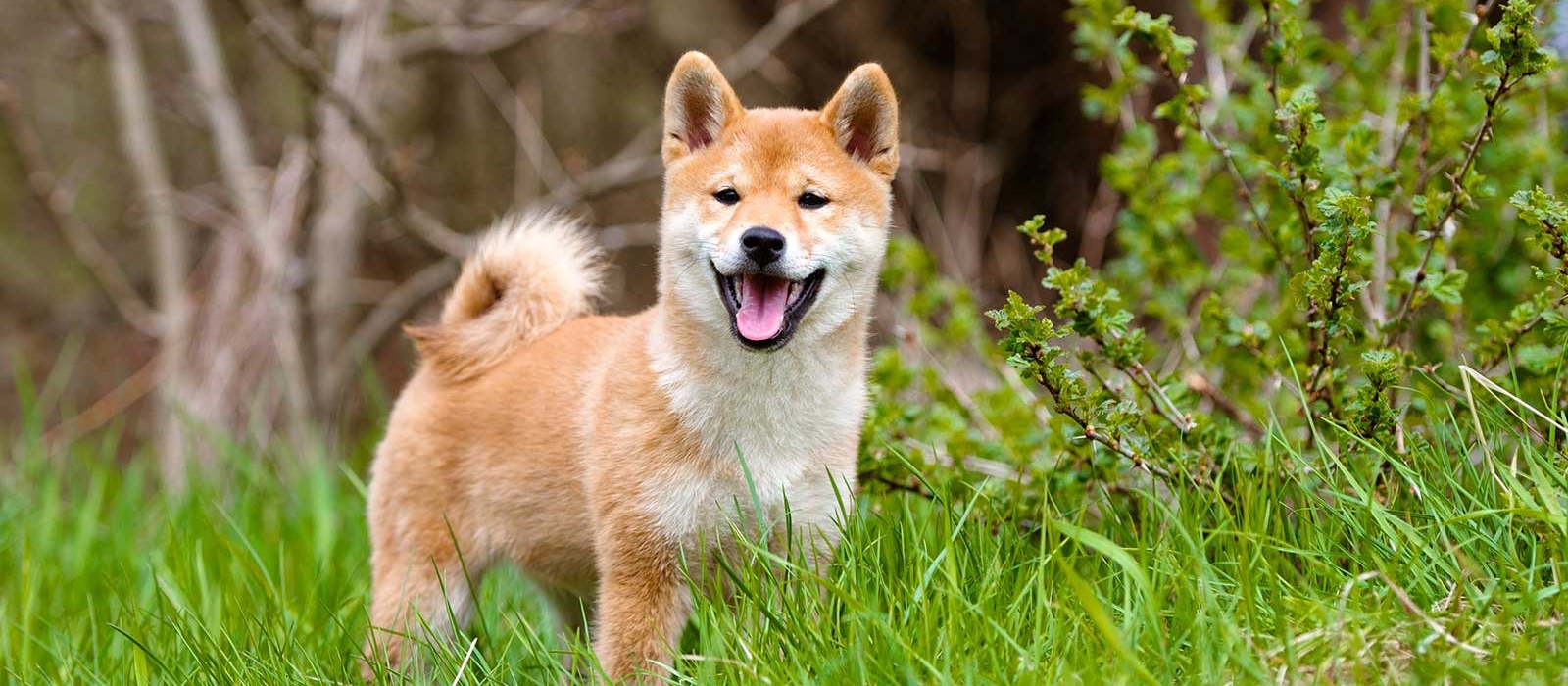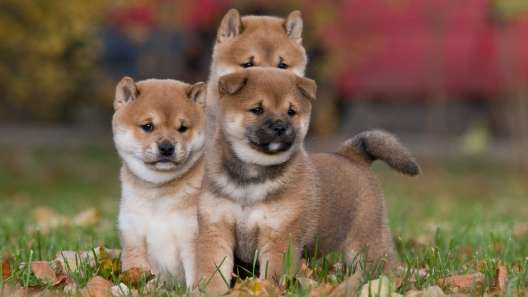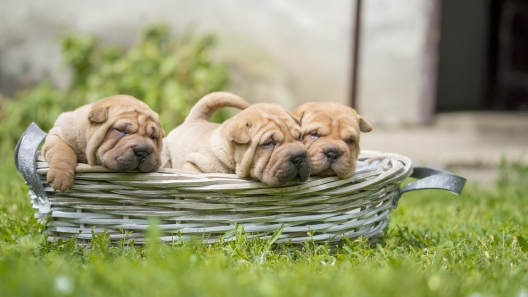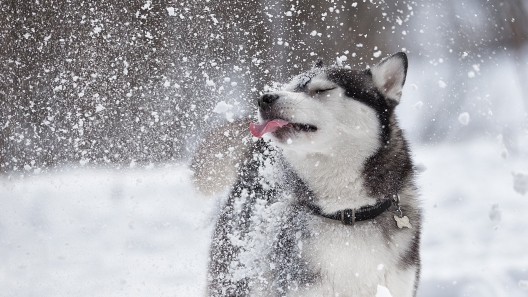-
Activity Level:
high
-
Shedding Level:
moderate
-
Grooming Level:
moderate
-
Trainability:
high
-
Good for Novice Owners:
moderate
-
Adaptability:
moderate
-
Kid/Pet Friendly:
sometimes
-
Prey Drive:
high
-
Watchdog:
very alert
- Average Size: Small
- Average Lifespan: 13-16 years
- Registered?: aca, akc
Shiba Inu Dog Breed Information
Overview
Temperament
Adaptability
Health
Owner Experience
Grooming
Activity Level
Size
Life Span
Did You Know?
The Shiba Inu is one of just a few ancient dog breeds that still exist today. DNA testing confirms that the Shiba Inu and other Asian spitz-type breeds date back to the 3rd century B.C., making them one of the oldest dog breeds. Although somewhat small in stature, they are agile and strong canines that were originally bred for hunting in the mountains of Japan.
Due to distemper and wartime bombings in Japan, the Shiba Inu was brought to the brink of extinction by the end of World War II, but survived the scare and continued to be viewed as a precious natural product in Japanese culture.
Imported by a military family to the United States in 1954, the AKC recognized the Shiba Inu in 1992 and added the breed to the Non-Sporting Group in 1993. Still the number one companion dog in Japan, they have become a popular breed for U.S. dog owners looking for a smaller version of the Akita.
The Shiba Inu is a strong-willed, bold, and courageous spitz-breed. Although they are one of the most independent dog breeds, they do bond closely with their families and are affectionate and loving with them. As long as they have been properly socialized, they tend to get along well with children that know how to interact with dogs and other dogs in the family.
They do have a high prey drive, so they will need extra socialization and training when it comes to smaller pets in the household. They are also initially wary with strangers, but tend to warm up quickly once introduced if they are well-socialized. They don’t tend to bark a lot unless they have been trained into it.
Shiba Inu are highly adaptable dogs. Because of their energy, they tend to be better suited to homes with fenced yards where they can run. As long as their daily exercise and mental stimulation needs are met, they can adapt well to apartments.
They do well in most climates and are sensitive to heat. As one of the dog breeds that love winter, they do handle the cold better than some breeds. In fact, you may have trouble getting them to come back inside if they prefer to lie down in the snow. Because they have a lot of energy, get bored easily, and also like to be around their favorite humans, they should not be left alone for long periods of time.
Potential health concerns to be aware of in a Shiba Inu include hypothyroidism, glaucoma, hip dysplasia, luxating patella, and skin allergies. Good breeding practices make a big difference in the health of puppies.
Reputable breeders will screen their dogs to avoid passing preventable issues to puppies. Make sure you are asking about the health and genetic history of the parents and about any health tests or clearances that have been done.
One of the facts about Shiba Inu is that they can be difficult to train. Although the Shiba Inu is highly intelligent and picks up on things quickly, they can also be hardheaded and tend to have a strong will and an independent mind. But, once you earn the respect and love of this breed, you have it for life!
They respond best to consistent, clear training that is kept interesting and is focused on positive praise and reward. First-time dog owners can be successful with this breed, but puppy training classes are recommended.
A Shiba Inu may have a short double coat, but these dogs will shed! They shed year-round and heavier as the seasons change. Daily brushing is recommended, especially during seasonal shedding, along with the occasional bath. Visits to the dog groomer periodically, especially one with a strong blower or vacuum, can help remove loose fur and keep your Shiba comfortable and their coat looking great.
In addition to coat care, you will also need to take care of your Shiba Inu’s nails, ears, and teeth. Nail trims once or twice a month keep them from growing too long and causing issues. Weekly ear checks with careful cleanings as needed can help prevent ear infections. Daily dental care for dogs plus cleanings at the vet as needed can help prevent painful dental diseases later in life.
Although a Shiba Inu does have a lot of energy, they tend to sit in a more moderate activity range. Daily walks plus some playtime and time to run are usually enough to keep this dog happy and healthy. They like spending time with you and enjoy being active, so they will likely be up for more activity if you are.
Fully-grown Shiba Inu usually stand 13-17 inches tall and weigh 17-23 pounds.
Shiba Inu generally live for 13-16 years on average.
Based on the famous “Doge”, a now-classic Shiba Inu-themed social media and meme phenomenon, the Dogecoin became one of the popular early and widespread cryptocurrencies. It is considered the first “meme coin” and the first “dog coin”.









